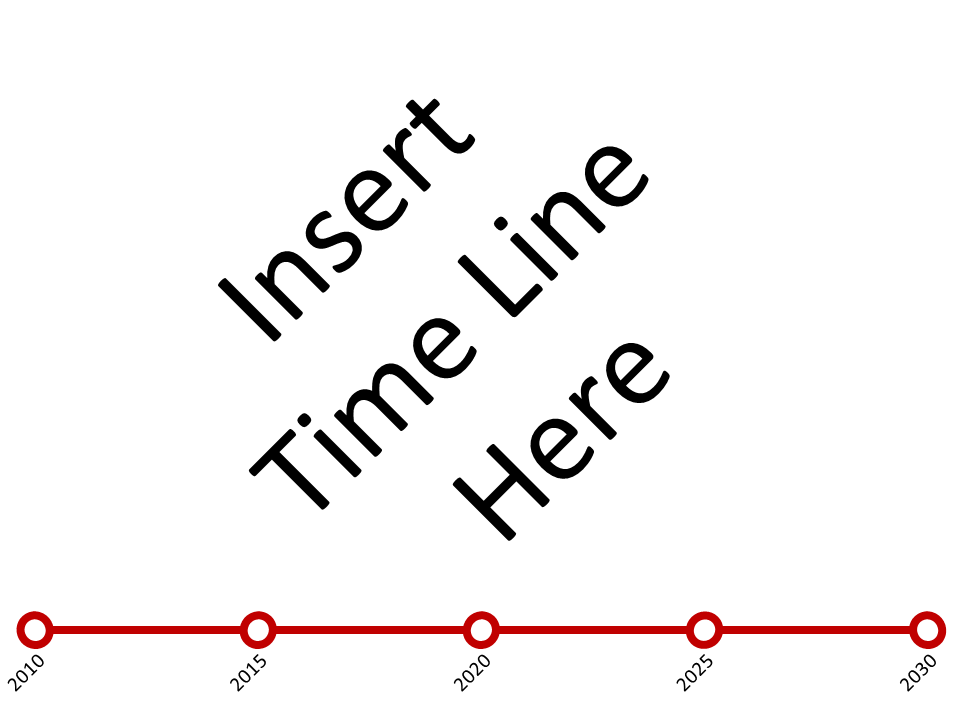Difference between revisions of "The Gilded Cage"
| Line 9: | Line 9: | ||
Since then, EU's economy is stable and the political environment is progressive, but the growth is not significant to crow about. | Since then, EU's economy is stable and the political environment is progressive, but the growth is not significant to crow about. | ||
<br/> | <br/> | ||
= Timeline = | |||
===Period of 2010 - 2015=== | ===Period of 2010 - 2015=== | ||
===Period of 2015 - 2020=== | ===Period of 2015 - 2020=== | ||
===Period of 2020 - 2025=== | ===Period of 2020 - 2025=== | ||
===Period of 2025 - 2030=== | ===Period of 2025 - 2030=== | ||
<br/> | |||
==Key Variables== | ==Key Variables== | ||
===Governance=== | ===Governance=== | ||
Revision as of 21:39, 13 October 2009
The scenario
The year is 2030 and the EU was able to create a unique identity for all its residents. Though the EU has succeeded in integrating its member states and keeping its membership intact, it is a far cry from the economic and political progress that its creators had envisaged.
The 2009 financial crisis rocked the EU economy, which was till then growing and stable.
The growth of the emergent economies of BRIICS (Brazil, Russia, India, Indonesia, China & South Africa) shifted the global focus from EU to these new regions. The EU at this point held lesser significance than the fast developing countries.
Since then, EU's economy is stable and the political environment is progressive, but the growth is not significant to crow about.
Timeline
Period of 2010 - 2015
Period of 2015 - 2020
Period of 2020 - 2025
Period of 2025 - 2030
Key Variables
Governance
Economy
Identity
Immigration
Boundary
Financial System
Culture
Commerce / Trade
Resources / Energy
Political Alignment
Population Change

